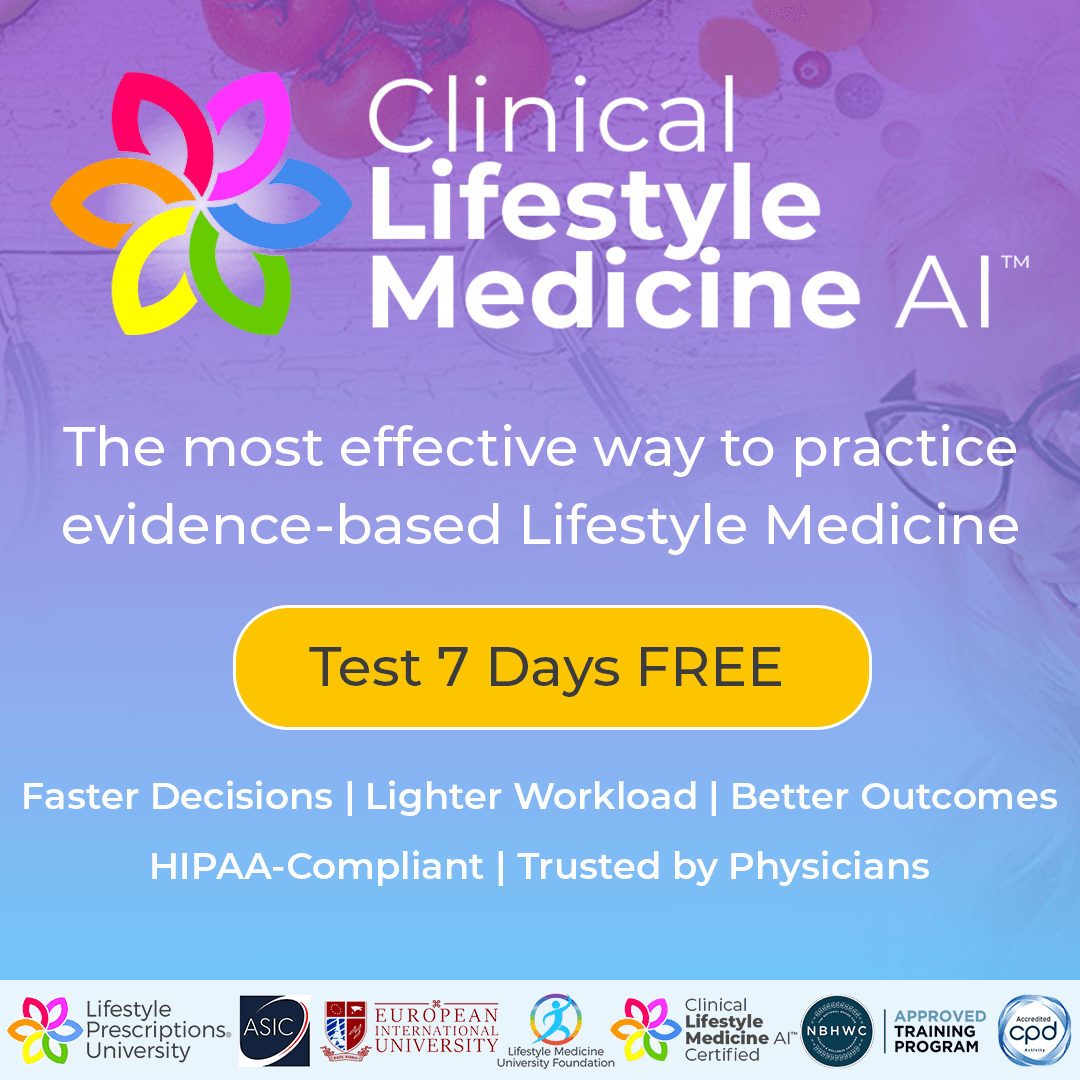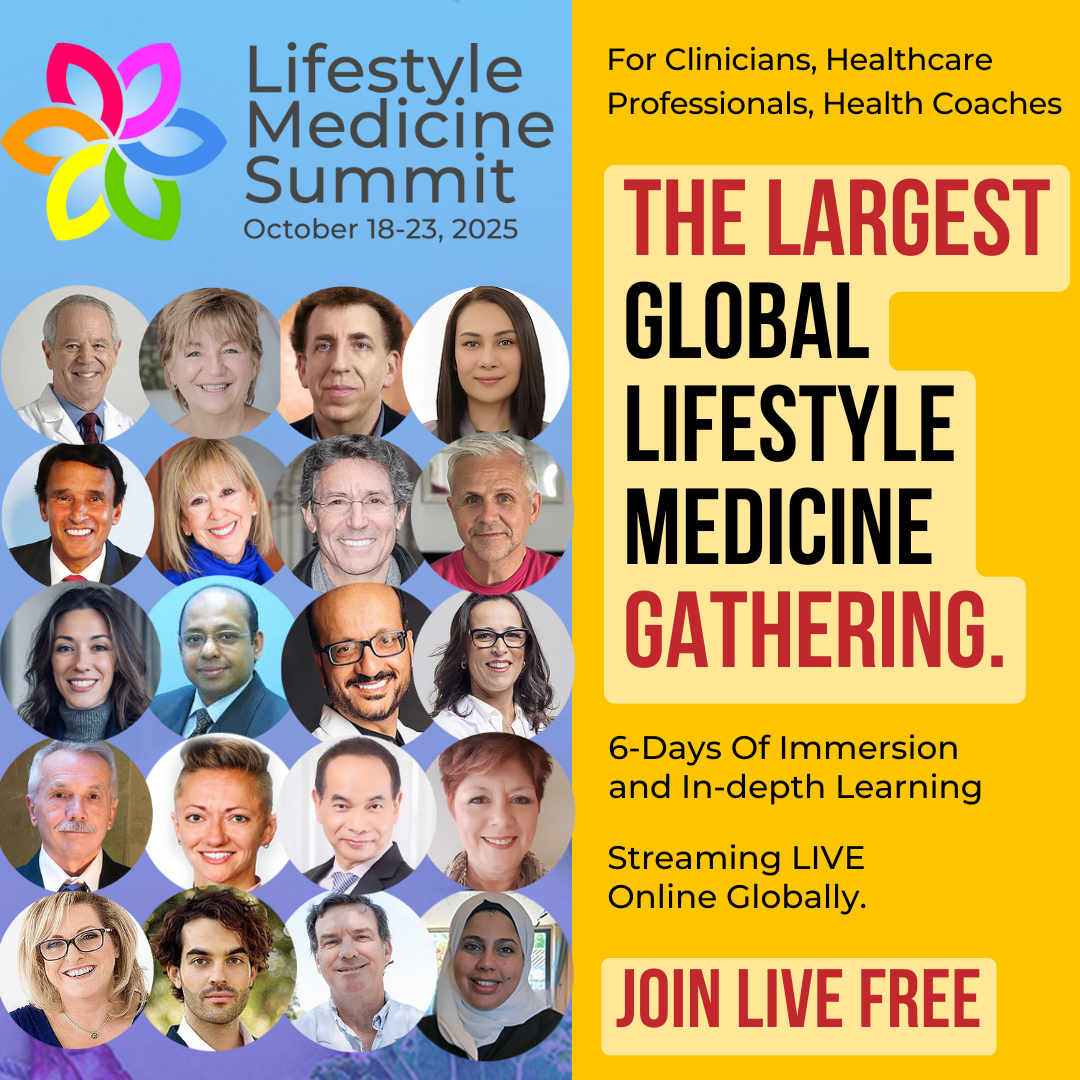Mindfulness for Stress Relief: 7 Simple Daily Practices That Work
Stress. It's the uninvited guest that crashes every party, lingers way too long, and leaves you feeling drained and overwhelmed. We all experience it. But what if you could learn to manage stress, not by eliminating it (impossible!), but by changing your relationship with it?
Enter mindfulness.
Mindfulness is the practice of paying attention to the present moment, without judgment. It's about noticing your thoughts, feelings, and sensations as they arise, without getting swept away by them. Sounds simple, right? It is, but it also takes practice.
The good news is that incorporating mindfulness into your daily routine doesn't require hours of meditation or a complete lifestyle overhaul. Here are 7 simple, effective practices you can start implementing today to find stress relief and cultivate a calmer, more centered you:

1. Mindful Breathing (The Quick Reset Button):
This is your go-to stress reliever. Whenever you feel overwhelmed, take a moment to focus on your breath.
How to do it: Find a comfortable position (sitting, standing, or lying down). Close your eyes if you like. Notice the sensation of your breath entering and leaving your body. Pay attention to the rise and fall of your chest or belly. If your mind wanders (and it will!), gently guide your attention back to your breath.
Frequency: Practice for 5-10 minutes daily, or use it as a quick pick-me-up throughout the day.
Why it works: Breathing slows your heart rate, lowers blood pressure, and helps you to become more present.
2. Mindful Walking (Step into the Present):
Transform your daily walk into a moving meditation.
How to do it: Instead of hurrying to your destination or getting lost in thought, pay attention to the sensations of walking. Notice how your feet feel against the ground, the movement of your muscles, the air on your skin. Observe the sights and sounds around you without judgment.
Frequency: Incorporate this into your commute, a lunchtime stroll, or an evening walk. Even a short 10-minute mindful walk can make a difference.
Why it works: It grounds you in the physical world, helps you appreciate your surroundings, and interrupts the cycle of anxious thinking.

Mindful Eating (Savor the Flavor):
Turn mealtime into an opportunity to nourish your body and mind.
How to do it: Before you start eating, take a moment to notice the colors, textures, and aromas of your food. As you eat, chew slowly and deliberately, paying attention to the flavors and sensations in your mouth. Avoid distractions like your phone or TV.
Frequency: Try incorporating mindful eating into at least one meal a day.
Why it works: It helps you appreciate your food, promotes better digestion, and prevents overeating.
4. Body Scan Meditation (Tune In to Your Body):
A body scan is a great way to connect with your physical sensations and release tension.
How to do it: Lie down comfortably and close your eyes. Start by focusing your attention on your toes. Notice any sensations you feel – warmth, tingling, pressure, or nothing at all. Gradually move your attention up your body, focusing on each part in turn (feet, ankles, calves, thighs, etc.). If you encounter any tension or discomfort, acknowledge it without judgment and gently breathe into the area.
Frequency: Practice for 10-15 minutes a few times a week.
Why it works: It brings awareness to areas of tension, promotes relaxation, and helps you become more attuned to your body's signals.

5. Mindful Listening (Hear More Than Just the Words):
Transform conversations into opportunities for connection and understanding.
How to do it: When someone is speaking, give them your full attention. Avoid interrupting or planning your response. Focus on understanding their perspective, both verbally and nonverbally.
Frequency: Practice this in your daily conversations.
Why it works: It reduces misunderstandings, strengthens relationships, and fosters empathy.
6. Gratitude Journaling (Count Your Blessings):
Shifting your focus to what you're grateful for can significantly improve your mood and reduce stress.
How to do it: Take a few minutes each day to write down 3-5 things you're grateful for. They can be big or small, anything that brings you joy or appreciation.
Frequency: Aim for daily practice.
Why it works: It shifts your perspective from what you lack to what you have, promoting feelings of happiness and contentment.

7. Anchor Yourself in the Sensory World (Engage Your Senses):
When you feel overwhelmed, use your senses to ground yourself in the present moment.
How to do it: Choose one of your senses (sight, sound, touch, taste, smell) and focus on it fully. For example, you could focus on the intricate patterns in a leaf (sight), the sound of birds chirping (sound), the texture of your clothing against your skin (touch), the taste of your morning coffee (taste), or the scent of lavender (smell).
Frequency: Use this technique whenever you need a quick grounding exercise.
Why it works: It pulls you out of your head and into the present moment, interrupting the cycle of anxious thinking.
The Key to Success: Consistency & Patience
Mindfulness is a practice, not a destination. Don't get discouraged if your mind wanders or if you find it difficult to focus at first. The key is to be patient with yourself and to keep practicing. Even a few minutes of mindfulness each day can make a significant difference in your stress levels and overall well-being.
So, take a deep breath, choose one of these practices, and start small. You might be surprised at the positive impact mindfulness can have on your life. What are you waiting for? Start your mindful journey today!
© 2015-2026 Lifestyle Prescriptions® University. The terms Lifestyle Prescriptions®, Organ-Mind-Brain Anatomy™, and Root-Cause Health Coaching™ are worldwide trademarks of the Lifestyle Prescriptions® University and can only be used after completing qualifying training programs. Lifestyle Medicine WORKS™, Lifestyle Medicine Summit, HealthiWealthi™ are trademarks of Lifestyle Medicine University Foundation.
* This website and all LPU training programs are for educational purposes only. No medical diagnosis, therapy, or treatment is provided.










